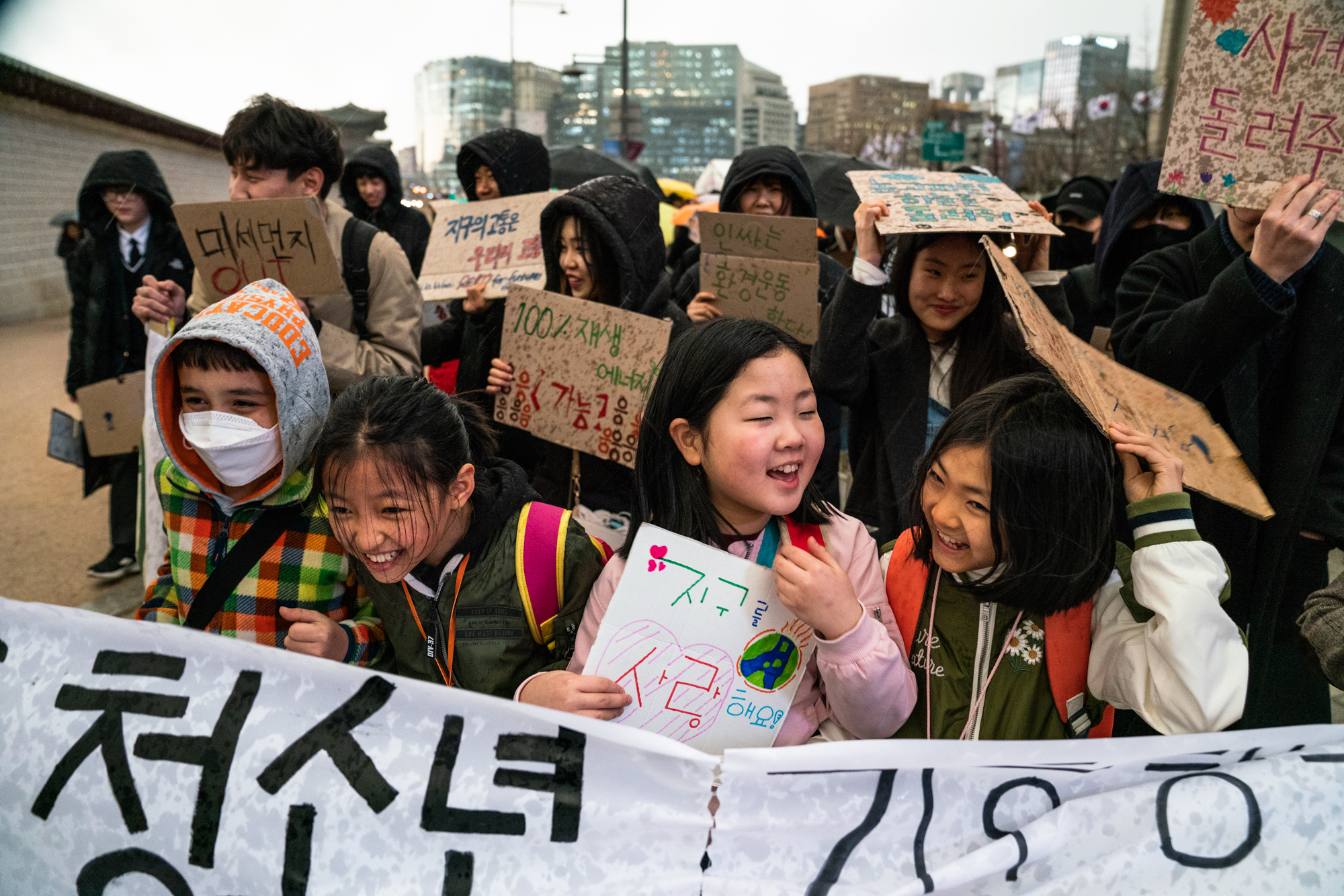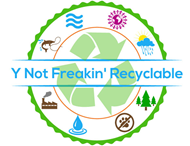[ad_1]
With the world reeling from the disastrous spread of coronavirus, it might seem extraordinary for a government to make policy on anything else. But in South Korea, they did just that. Back in March, and in the midst of its coronavirus response, the ruling Democratic Party announced plans for a Green New Deal – with the core goal of making South Korea a carbon-neutral country by 2050.
In this massive win for green campaigners, South Korea became the first country in East Asia to announce such a comprehensive climate policy. For one of the world’s largest coal investors and with a huge manufacturing sector, this is a major shift.
How did this happen when most governments around the world were focusing exclusively on their Covid-19 crisis response? Did the coronavirus pandemic have anything to do with it? And is it a genuine green recovery proposal?
South Koreans supported the government’s coronavirus response
The government’s coronavirus response played a big part in their success in the mid-April elections. Polls suggested that more than 70 percent backed the government’s handling of the crisis.
For the elections themselves, voters had to head to the polls in masks and gloves, and were obliged to use hand sanitiser – with temperature checks directing the potentially sick to special booths.
Incumbent president Moon Jae-in’s party won a landslide 180 seats in the 300-seat national assembly, up from 120 – with the country’s highest turnout for three decades.
What’s in South Korea’s Green New Deal?
The Green New Deal plans were released as part of the ruling party’s election manifesto in March. They were presented as a way to meet the country’s obligations set down in the international Paris climate agreement: to submit updated carbon reduction plans to 2030, and longer term goals by the end of the year.
Although there’s no agreed definition of a ‘Green New Deal’, the manifesto referred explicitly to the US Democratic Party’s Green New Deal proposals, and the EU’s ‘Green Deal for Europe’. It also sets the goal for getting to net zero emissions by 2050 – the same as the UK’s target, although the UK government has not explicitly outlined any kind of green deal.

Students join a #FridaysForFuture demonstration in South Korea in 2019. Photo: Ashley Crowther
As well as a zero emissions goal for 2050, South Korea’s plans include an end to funding for coal power plants, and a carbon tax. However, they stop short of any phase-out for petrol and diesel vehicles, despite public concerns over air pollution. The plans also include new strategies for renewable energy, battery technology and hydrogen fuel – with plans to work with Japan and China to reduce regional air pollution.
The election pledge repeatedly mentioned the EU’s 2050 zero-emissions target, and there has been a history of cooperation between South Korea and a number of European nations on renewable energy.
But while European governments were struggling to progress their climate plans due to the coronavirus outbreak, how did South Korea’s leaders raise the country’s climate ambitions so dramatically?
How to get climate action in the time of Covid-19
South Korea’s existing climate plans were weak – with a pledge to cut emissions 37% below projected business-as-usual levels by 2030 (and this was notably not increased in the new manifesto).
Green campaigners had worked hard through 2019 on making climate a key election issue. When the Covid-19 outbreak saw more people staying at home, politicians turned to campaigning harder through social media.
Climate-focused organisations also ramped up their campaigning for the health crisis era, published information about the outbreak, making the link between infections and climate impacts and pushing for a “green stimulus” package for the recovery from coronavirus.
Ahead of the election, in a survey commissioned by Greenpeace South Korea, 93% of respondents thought it was necessary to introduce a Green New Deal in Korea. This was reflected in the fact that other political parties pledged to tackle climate change too.
A government that’s good in a crisis?
Thanks to their experience with the MERS outbreak in 2015, the South Korean government had a clear and effective coronavirus response plan. And with an election upcoming, they also had a keen interest in responding to the public mood on climate – and these two factors combined to produce Asia’s first truly bold climate plans.
The government’s bold Green New Deal policy isn’t only a politically sound move – it’ll be hugely beneficial for the people of South Korea. Pledging to make such bold changes prevents simply lurching from one crisis to the next – and if Covid-19 has provided one lesson, it’s how important that kind of leadership is.
That said, the government will still face serious pressure from climate campaigners. The phasing out of coal investments, creating a plan for reducing transport emissions, and increasing public spending on green measures are likely to be as challenging in South Korea as anywhere else.
But at least the experience of the first Covid-19 elections has provided something of a model of green recovery, a way through the dual global crises in both public health and climate.
 Pollution Climate Change Holocene Deforestation Population Acidification Y Not Freakin' Recyclable
Pollution Climate Change Holocene Deforestation Population Acidification Y Not Freakin' Recyclable



